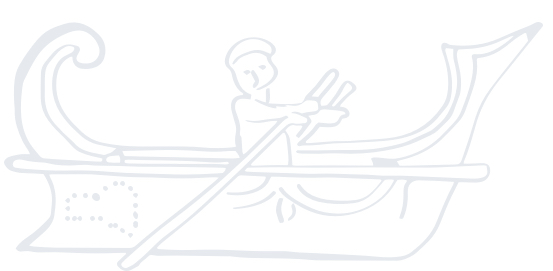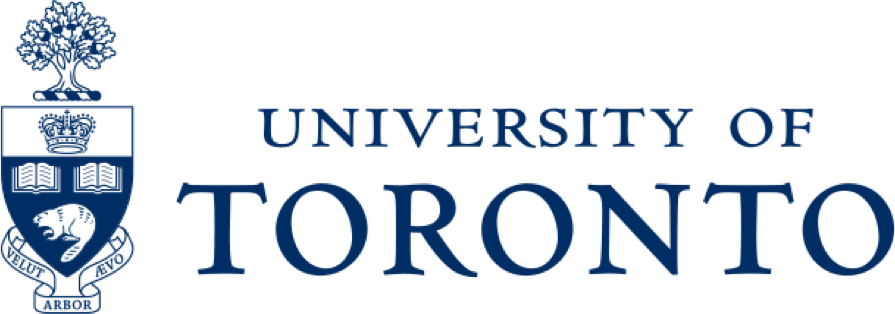
International Doctoral Cluster
The International Doctoral Cluster (IDC) is an exciting new initiative for MACS students starting in the fall of 2020. IDC is a three-year collaborative project on Mediterranean Archaeology in partnership with UCL Institute of Archaeology. This partnership brings together distinguished faculties and cohorts of graduate students from two of the largest institutions currently offering advanced degrees specifically conceptualized as Mediterranean in focus. Through the development of innovative research methodologies, seminar events and student and faculty exchanges, this pioneer project will explore the vast potential of the Mediterranean for understanding the human past and contributing to current discourses and debates on connectivity and mobility. Keeping in mind the great geographical expanse and the formidable time scale, the collaborative group will seek to confront and clarify issues such as: is there such a thing as a “connected” Mediterranean? If so, what are the filaments and networks that bind it together? How do these filaments change or shift through time, and what factors seem to influence this? Is there connectivity in diversity of culture, religion, and art, or do we see mostly distinct pockets of identity? Is fractiousness or coherence dominant in material culture? Can we find any grand lessons in a Mediterranean-wide view that are lost or hidden in more granular approaches?
For the next three years students from both programs will get the opportunity to convene for monthly virtual meetings and working groups. They will also attend virtual seminars and talks given all year round on Mediterranean topics by experts in the field. In the winter semester student exchanges between the IDC partner institutions will commence: two students from the MACS cohort at UofT will get the chance to travel to UCL for a four-week period in order to work on a Mediterranean project. Similarly, two students from UCL will be hosted by the MACS program during this period. In addition, faculty exchange will be arranged with one UofT faculty member travelling to UCL and vice versa. Students will also have the opportunity to participate in fieldwork projects under the supervision and mentorship of UofT and UCL faculty, at archaeological sites in the Mediterranean. A workshop will be organized at the end of the three-year period focusing on one of the key themes emerging from these engagements.
For the next three years students from both programs will get the opportunity to convene for monthly virtual meetings and working groups. They will also attend virtual seminars and talks given all year round on Mediterranean topics by experts in the field. In the winter semester student exchanges between the IDC partner institutions will commence: two students from the MACS cohort at UofT will get the chance to travel to UCL for a four-week period in order to work on a Mediterranean project. Similarly, two students from UCL will be hosted by the MACS program during this period. In addition, faculty exchange will be arranged with one UofT faculty member travelling to UCL and vice versa. Students will also have the opportunity to participate in fieldwork projects under the supervision and mentorship of UofT and UCL faculty, at archaeological sites in the Mediterranean. A workshop will be organized at the end of the three-year period focusing on one of the key themes emerging from these engagements.

